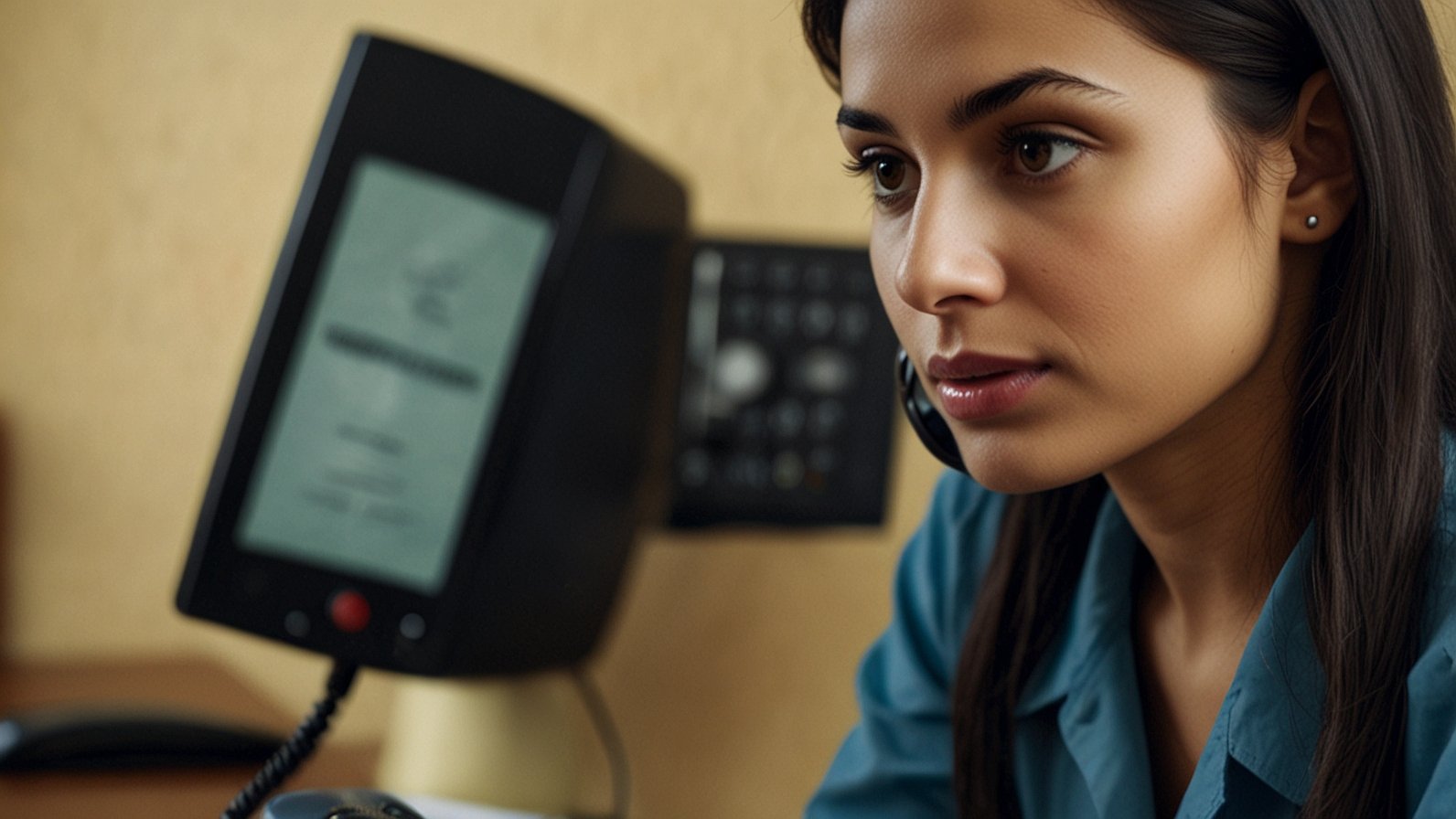Has your phone rung with a call from 8884216488, promising missing benefits or a pending grant? Your heart might have leapt for a second—but that single moment is exactly what scammers are banking on.
There’s a phone number making the rounds, 8884216488, that isn’t a gateway to financial help but a direct line to identity theft and financial ruin. Imagine you’re waiting for an important update on your SNAP, Social Security, or unemployment benefits. The phone rings. A professional-sounding voice confirms your worst fear: there’s a “problem with your account.” It feels real, because it’s designed to.
Take a deep breath. You’ve found the right guide. Let’s pull back the curtain on this scam so you can protect yourself and your loved ones.
How the “8884216488” Scam Operates: The Wolf in Sheep’s Clothing
Understanding the scammer’s playbook is your first line of defense. This government impostor scam follows a familiar but effective script:
- The Bait: The call or automated message claims to be from a trusted government agency like the Social Security Administration (SSA) or your state’s unemployment office. The story often involves a “suspended benefit,” a “problem with your application,” or a “new grant” you qualify for.
- The Urgency: They create a false emergency. You might hear, “Your benefits will be terminated in 24 hours if you don’t act now!” or “Your Social Security Number has been suspended due to suspicious activity.” This pressure is meant to short-circuit your critical thinking.
- The Request: This is where they ask for the keys to your kingdom. They will ask for personal or financial information to “verify your identity” or “process your payment.” This could be your full Social Security Number, bank account details, or even a “verification code” sent to your phone.
What to Do Immediately If You Get a Call from 8884216488
If that number pops up on your caller ID, here’s your clear, actionable plan. Don’t panic—just follow these steps.
- Hang Up. Do Not Engage. It seems simple, but this is the most important step. You don’t owe a scammer politeness. Just end the call.
- Do Not Give Out Any Information. Never confirm your name, address, Social Security Number, bank details, or mother’s maiden name. A real agency already has this information on file.
- Verify the Claim Independently. Find the official phone number for your benefits agency from a past letter or their legitimate .gov website. Call them directly to ask if there is a real issue with your account.
- Report the Scam Call. Help others by reporting the number to the Federal Trade Commission (FTC) at ReportFraud.ftc.gov. This helps authorities track these criminals and their patterns.
Debunking Common Myths About Government Impersonation Scams
Scammers rely on common misconceptions to build false trust. Let’s clear them up.
- Myth: “The caller ID said ‘Social Security Administration,’ so it must be real.”
- Reality: Scammers use “spoofing” to fake any number, including official-looking ones. 8884216488 is just one of many tools in their arsenal. Caller ID is not a reliable source of truth.
- Myth: “They knew the last four digits of my SSN, so they’re legitimate.”
- Reality: Our data is constantly leaked in large-scale breaches. Scammers buy this information online. Knowing a small piece of your info is a classic trick to make the rest of their story seem believable.
- Myth: “But what if it was real and I hang up?”
- Reality: A genuine government agency will never threaten you with immediate arrest or benefit cancellation over a single phone call. They will always follow up with multiple official letters sent through the U.S. mail. Furthermore, they will never ask for gift cards, wire transfers, or cryptocurrency as payment.
Your 3-Step Action Plan for Today
Knowledge is power, but action is protection. Here’s how to lock down your defenses right now.
- Program Official Numbers: Take five minutes today to save the verified, official contact numbers for your benefits agencies (like the SSA) into your phone. That way, you’ll always know who you’re really calling.
- Have the “Talk”: Explain this scam to older family members or friends who might be vulnerable. Sharing this article is a great start.
- Bookmark the FTC Site: Make ReportFraud.ftc.gov easily accessible on your computer and phone for quick reporting.
Now that you’re armed with this knowledge, who will you share it with to help protect your community?
You May Also Read: newznav.com 8888996650: Your Ultimate Guide to Smart Financial Defense
FAQs
Q: Can they actually access my benefits if I just talk to them?
A: Not directly. But if you give them your personal information, they can use it to impersonate you and file fraudulent claims, divert your payments, or open lines of credit in your name.
Q: I called back the 8884216488 number and it was disconnected. What does that mean?
A: This is very common. Scammers often use a number for a short burst of calls and then abandon it to avoid detection. Consider it a confirmation that it was a scam.
Q: What if I already gave them some information?
A: Don’t panic, but act fast. Immediately contact your benefits agency, your bank, and the credit bureaus to place fraud alerts. You should also file a full report at IdentityTheft.gov.
Q: Are there other numbers like this I should watch for?
A: Absolutely. Scammers use thousands of numbers. The pattern is more important than the specific digits: an unsolicited call creating urgency and requesting personal info. This is a widespread benefit fraud tactic.
Q: Why is this scam so effective?
A: It preys on two of our most powerful emotions: fear and hope. The fear of losing crucial benefits and the hope of receiving unexpected money are motivators that scammers ruthlessly exploit.










